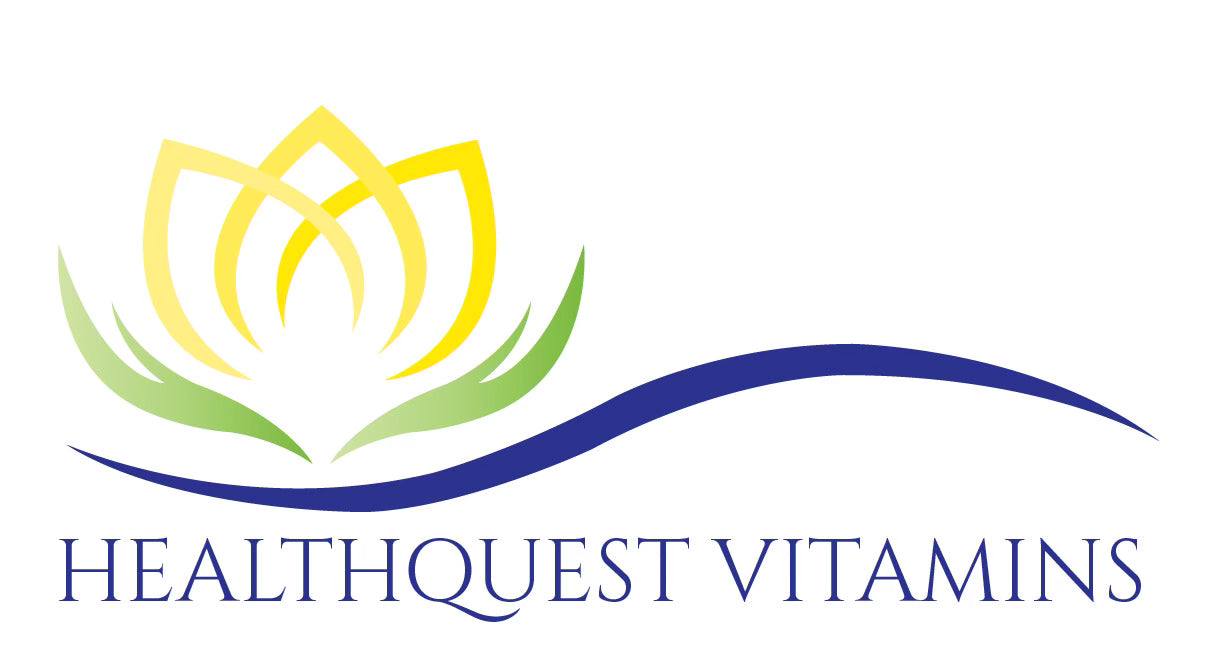Age Verification
Please enter your date of birth for full access.
January 23, 2020
Gastrointestinal reflux disease (GERD) is a common digestive disorder characterized by chronic symptoms resulting from abnormal reflux of contents from the stomach into the esophagus, leading to mucosal damage. The underlying cause of GERD is multifactorial and can result from stress, poor diet, impaired digestion, dysbiosis, hiatal hernia, and esophageal sphincter dysfunction. Risk factors associated with GERD include smoking, alcohol, and NSAID use.
Previously, I had shared research demonstrating that the damage of the esophagus in GERD was shown to be cytokine-mediated due to inflammation and not caused directly by the acid in the stomach.
Pharmaceutical interventions may provide symptom management but they do not correct many of the underlying factors and often have side effects. Lifestyle changes and nutritional support are usually sufficient to address acid reflux. Patients should consider eating smaller portions at meals. In addition, they should avoid laying down after meals and avoid eating too close to bedtime. Also, alcohol and certain foods can trigger symptoms.
While proton pump inhibitors (PPIs) may help with the symptoms, they may not be the solution. Recent previous studies have linked PPIs to chronic kidney disease, cardiovascular disease and an increase risk of a heart attack. PPIs can also lead to other problems such as dysbiosis and small intestinal bacterial overgrowth (SIBO).
According to a new review published two weeks ago in Nutrients, researchers investigated the effects of probiotics in mitigating the severity and frequency of symptoms in GERD. Probiotics are associated with modulation of the immune system and accelerate gastric emptying via their action with stomach mucosal receptors; their benefits are less known on supporting upper gastrointestinal health.
This review included thirteen prospective studies published in twelve articles. Seventy-nine percent reported benefits of probiotic supplementation and symptoms of GERD and 45% reported benefits specifically associated with reflux symptoms. These included a reduction in regurgitation and improvements in heartburn or reflux. Five of the eleven positive studies demonstrated an improvement in dyspepsia symptoms and nine of the studies showed an improvement in upper gastrointestinal symptoms, including nausea, abdominal pain, belching, gurgling, and burping. As a result, this review demonstrates the potential benefits of probiotics for patients with GERD.
Other nutritional supplements to consider include deglycyrrhizinated licorice (DGL) and melatonin. DGL is a well-established anti-ulcer botanical that is soothing and protective to the gastric mucosa and mucous membranes lining the digestive tract. Melatonin is often used to support sleep or for its antioxidant properties in cancer; however, the enteroendocrine cells in the GI tract are a major source of intestinal melatonin. One of the main functions of melatonin produced by the GI tract is to protect the esophageal and gastric mucosa from stressors and irritants. Melatonin is a potent antioxidant that can influence all major functions of the GI tract, including secretion, motility, digestion and intestinal absorption. It has an inhibitory influence on gastric acid secretion resulting in an increase in gastrin release, which increases the contractile activity of the lower esophageal sphincter, helping to reduce the symptoms of GERD.
Helicobacter pylori can also contribute to gastritis. Mastic gum, zinc-carnosine, methylmethionine sulfonium and vitamin C have anti-H. pylori as well as supportive properties for the gastric mucosa.
An alternative approach is typically more effective than what is provided by PPIs and does not have side effects or other complications that can be associated with PPIs such as mineral deficiencies, bacterial infections, and dysbiosis.
By Michael Jurgelewicz, DC, DACBN, DCBCN, CNS
